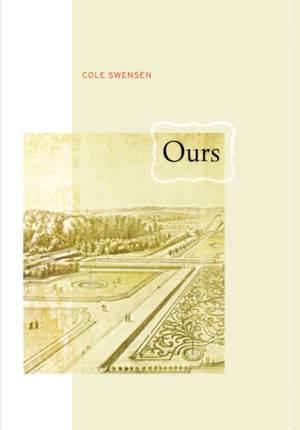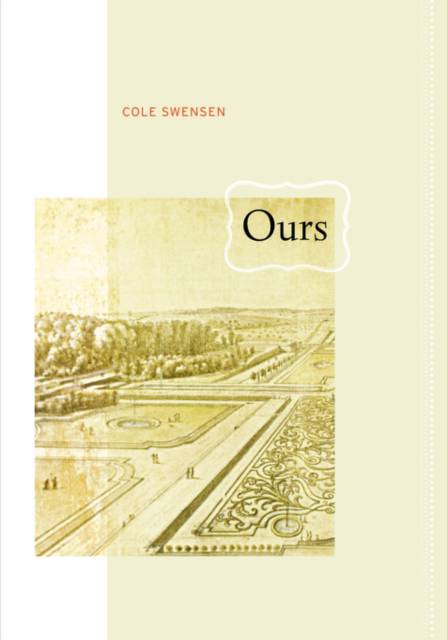
- Afhalen na 1 uur in een winkel met voorraad
- Gratis thuislevering in België vanaf € 30
- Ruim aanbod met 7 miljoen producten
- Afhalen na 1 uur in een winkel met voorraad
- Gratis thuislevering in België vanaf € 30
- Ruim aanbod met 7 miljoen producten
Zoeken
Prijzen
Omschrijving
These poems are about gardens, particularly the seventeenth-century French baroque gardens designed by the father of the form, André Le Nôtre. While the poems focus on such examples as Versailles, which Le Nôtre created for Louis XIV, they also explore the garden as metaphor. Using the imagery of the garden, Cole Swensen considers everything from human society to the formal structure of poetry. She looks in particular at the concept of public versus private property, asking who actually owns a garden? A gentle irony accompanies the question because in French, the phrase "le nôtre" means "ours." Whereas all of Le Nôtre's gardens were designed and built for the aristocracy, today most are public parks. Swensen probes the two senses of "le nôtre" to discover where they intersect, overlap, or blur.
Specificaties
Betrokkenen
- Auteur(s):
- Uitgeverij:
Inhoud
- Aantal bladzijden:
- 118
- Taal:
- Engels
- Reeks:
- Reeksnummer:
- nr. 24
Eigenschappen
- Productcode (EAN):
- 9780520254640
- Verschijningsdatum:
- 8/04/2008
- Uitvoering:
- Paperback
- Formaat:
- Trade paperback (VS)
- Afmetingen:
- 178 mm x 226 mm
- Gewicht:
- 204 g

Alleen bij Standaard Boekhandel
+ 71 punten op je klantenkaart van Standaard Boekhandel
Beoordelingen
We publiceren alleen reviews die voldoen aan de voorwaarden voor reviews. Bekijk onze voorwaarden voor reviews.













